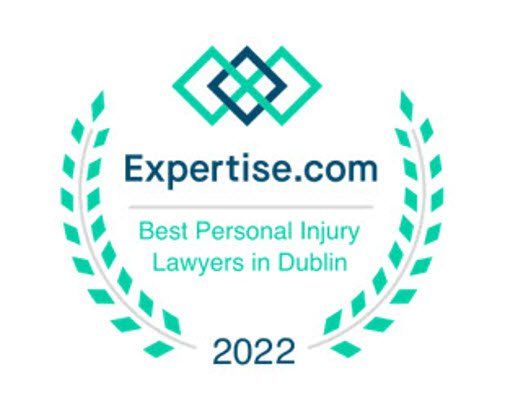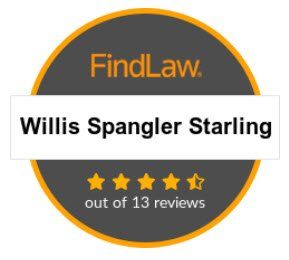Workplace Harassment
You do not have to be fired by your employer to have a legal claim. Many times, current employees are harassed at work. The harassment is illegal if it is motivated by a characteristic protected by law, such as sex, race, color of your skin, religion, military status, national origin, disability, or age. The most common type of harassment is sexual harassment, and it happens far more often than most people would believe. But, for instance, non-white employees can be harassed by being called racial slurs, and that can be racial harassment. Elderly employees can be harassed by supervisors calling them “dinosaurs” or “past their prime,” and that can be age harassment. Disabled employees can be harassed by co-workers making fun of their impairments, and that is disability harassment.
Not all harassment is illegal. If you are harassed by a supervisor simply because the supervisor is mean, there is no legal claim for that situation. Additionally, the harassment, if it does not lead to something tangible such as firing, demotion, or denied promotion, must be “severe” and “pervasive.” These are two legal terms meaning you must be suffering something more than annoyances or trivial matters.
If you are being harassed based upon some other characteristic protected by law, we can help. Current employees who are suffering from harassment sometimes try to complain internally to the employer about the harassment. Often, employers will do nothing to correct the harassment or they will protect the harasser as a way of protecting the company. At Willis Spangler Starling, we guide our clients through these situations. Often, we try to bargain an exit from the employer with a settlement payment, a voluntary resignation, and a commitment from the employer not to give you a negative reference when you apply for a new job. If we need to, we will sue on your behalf and aggressively pursue the case. Call 614-586-7900 to set up a free consultation today.





